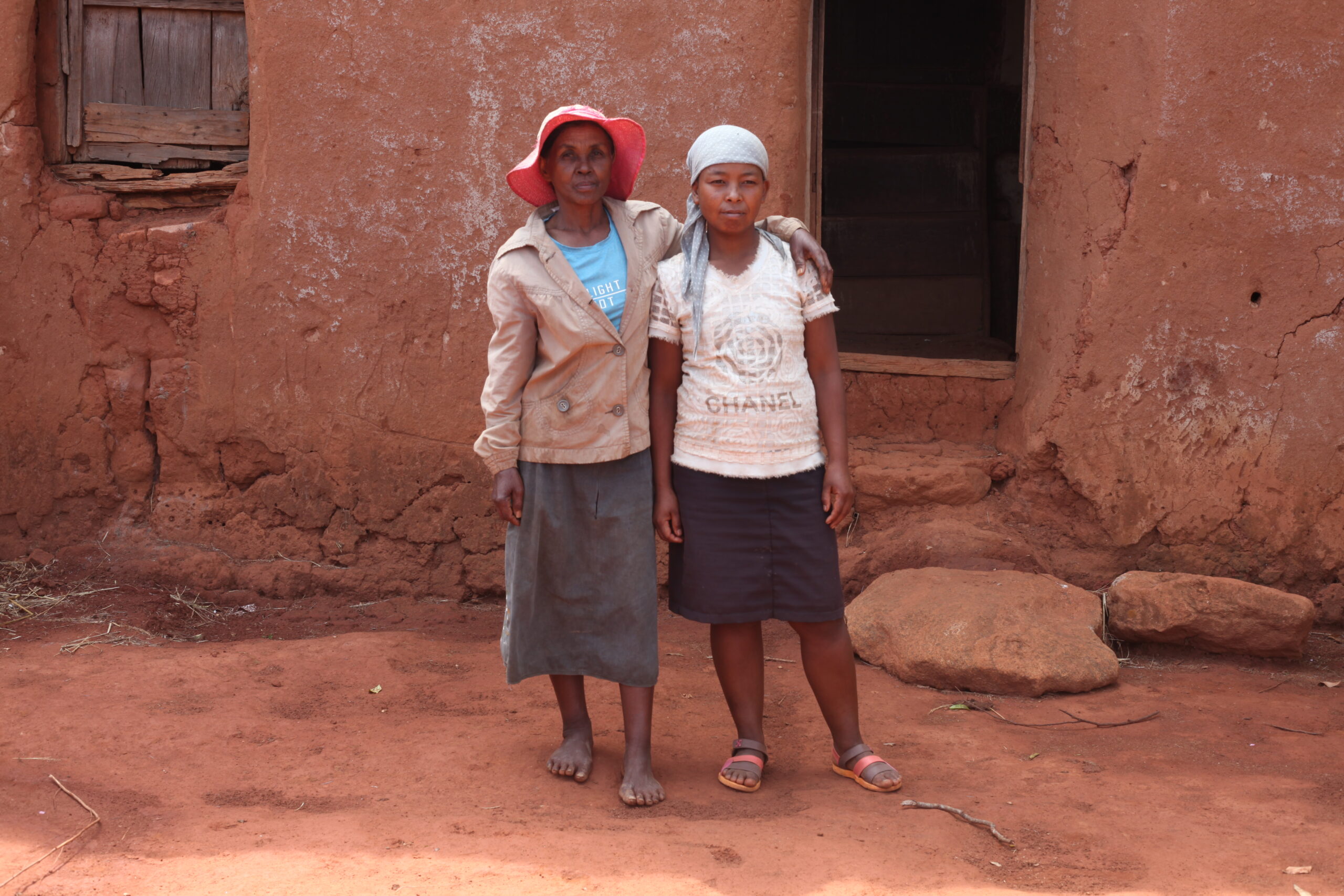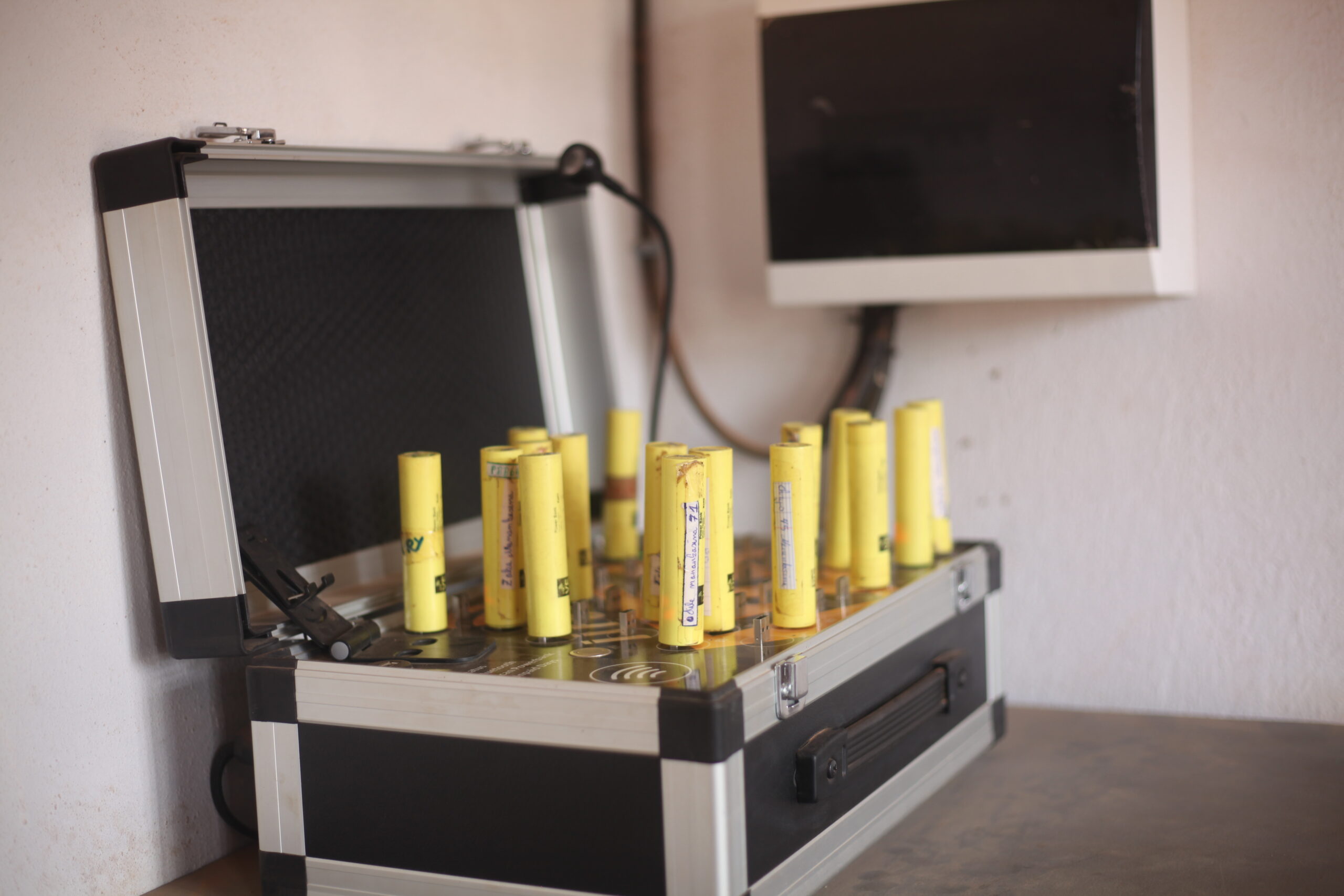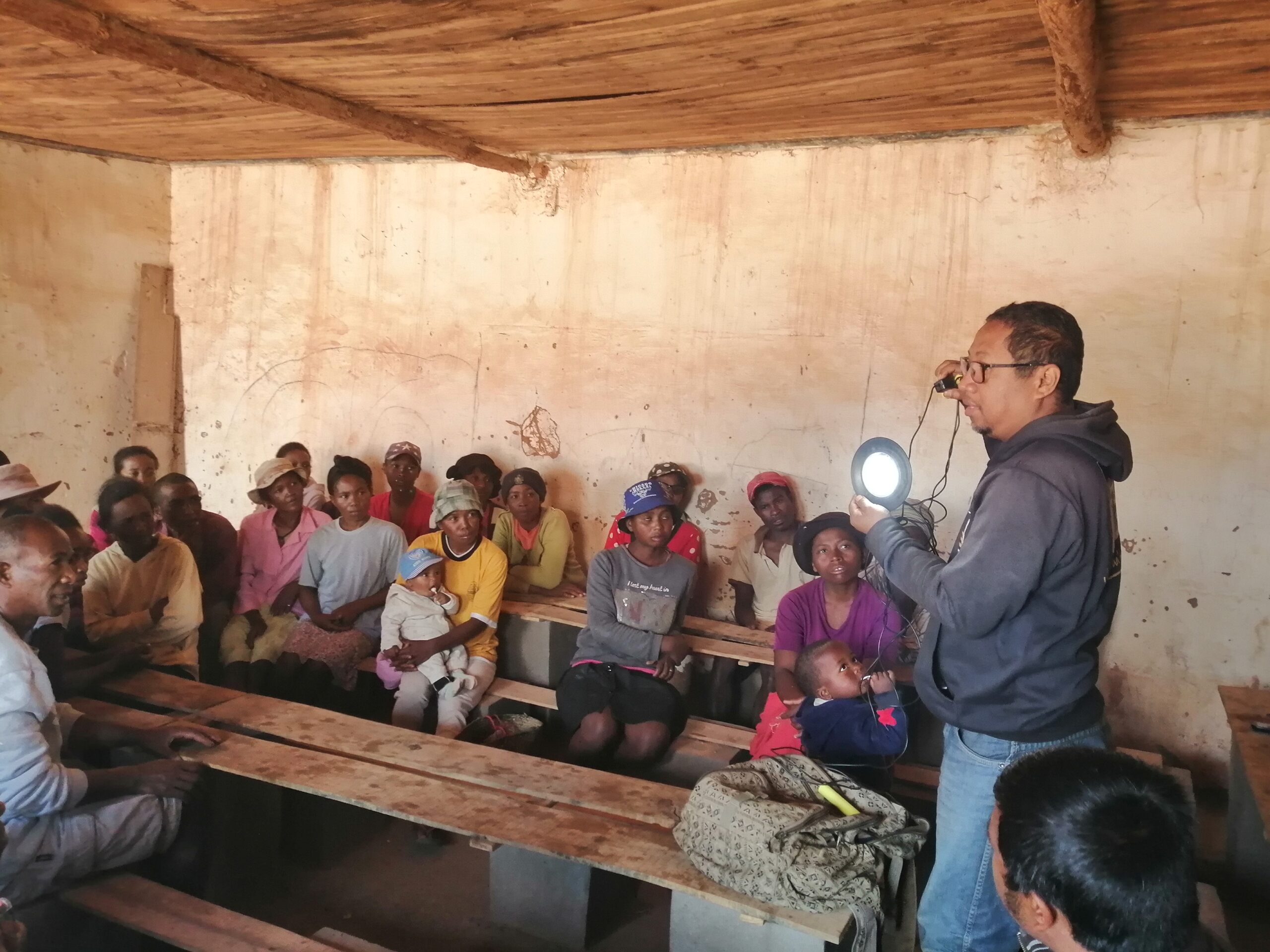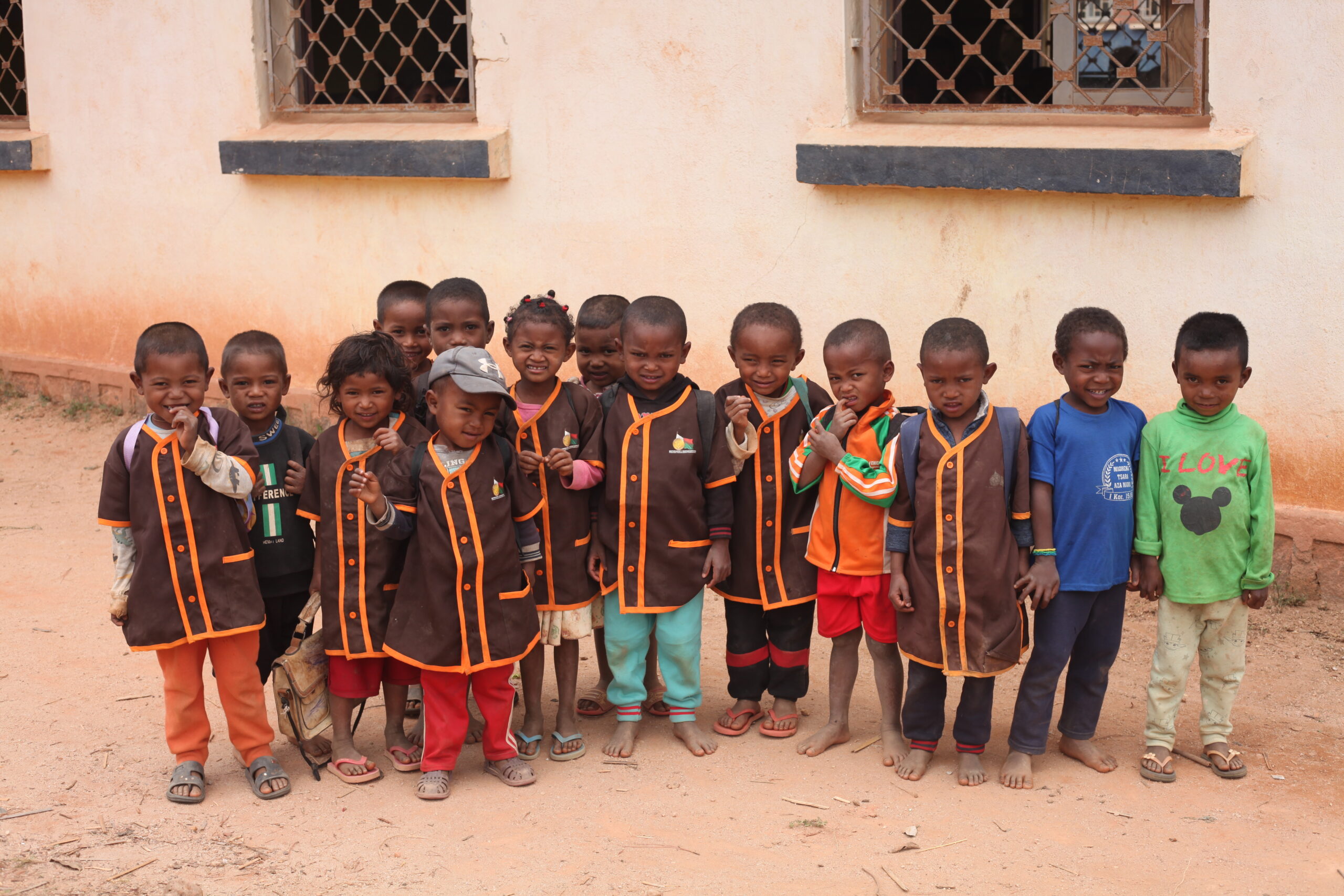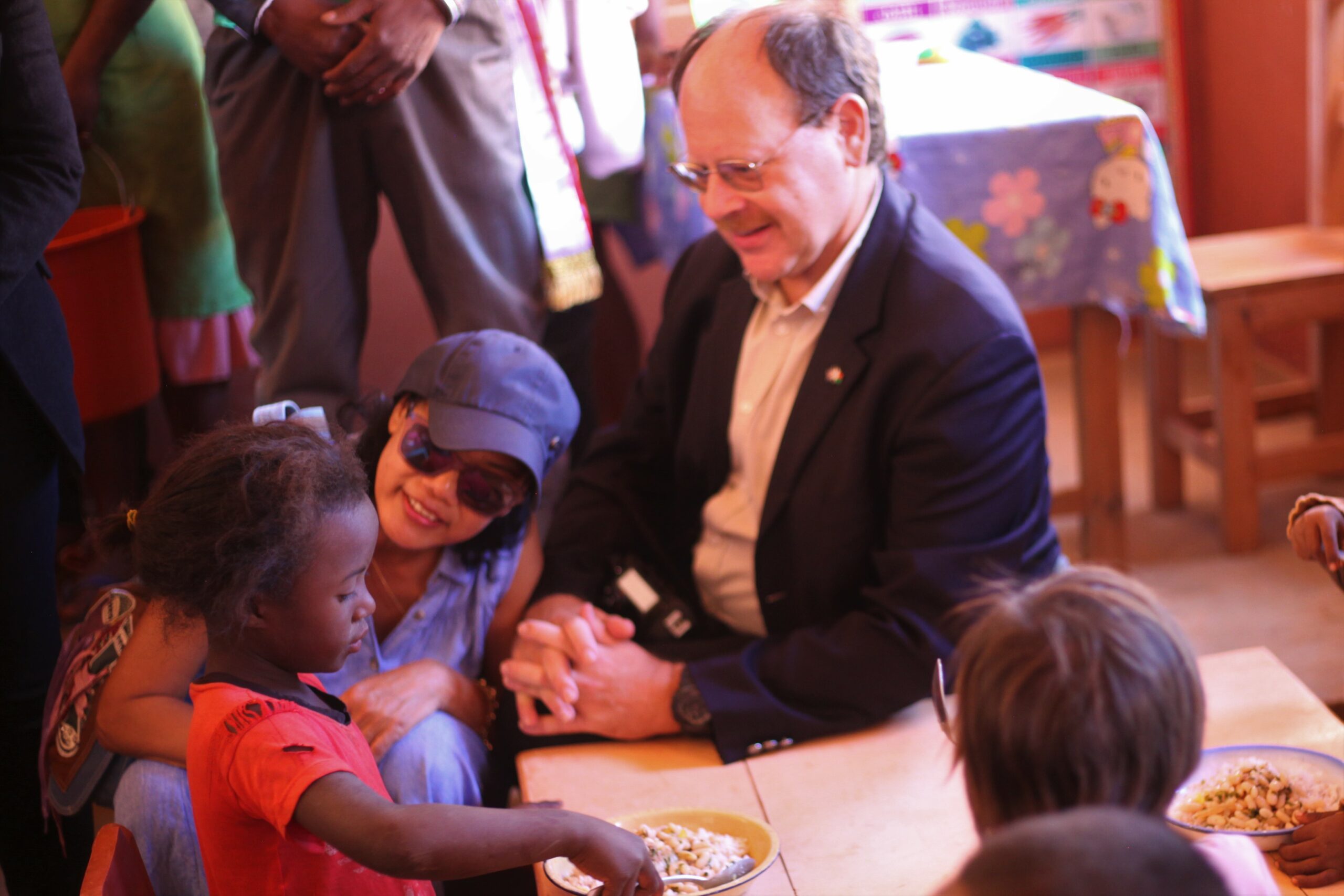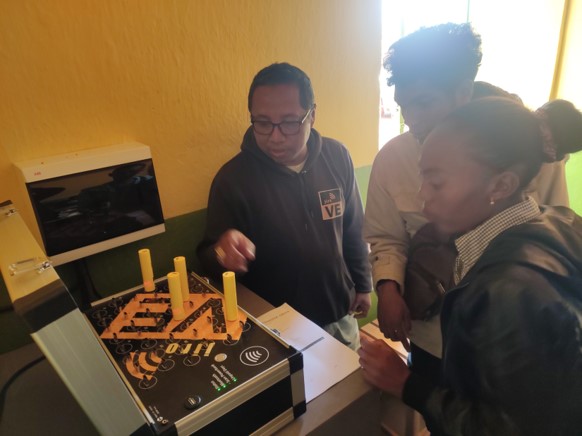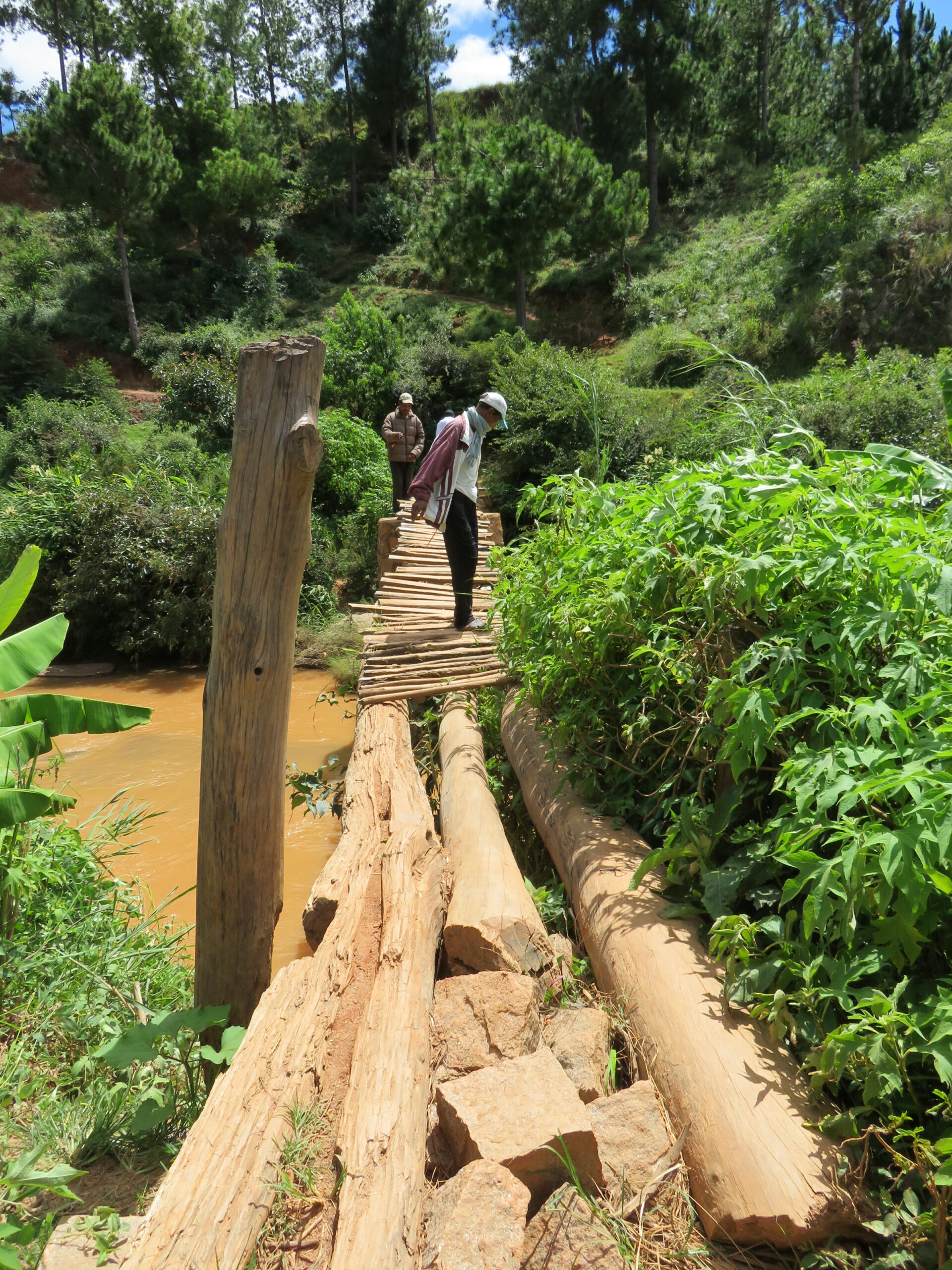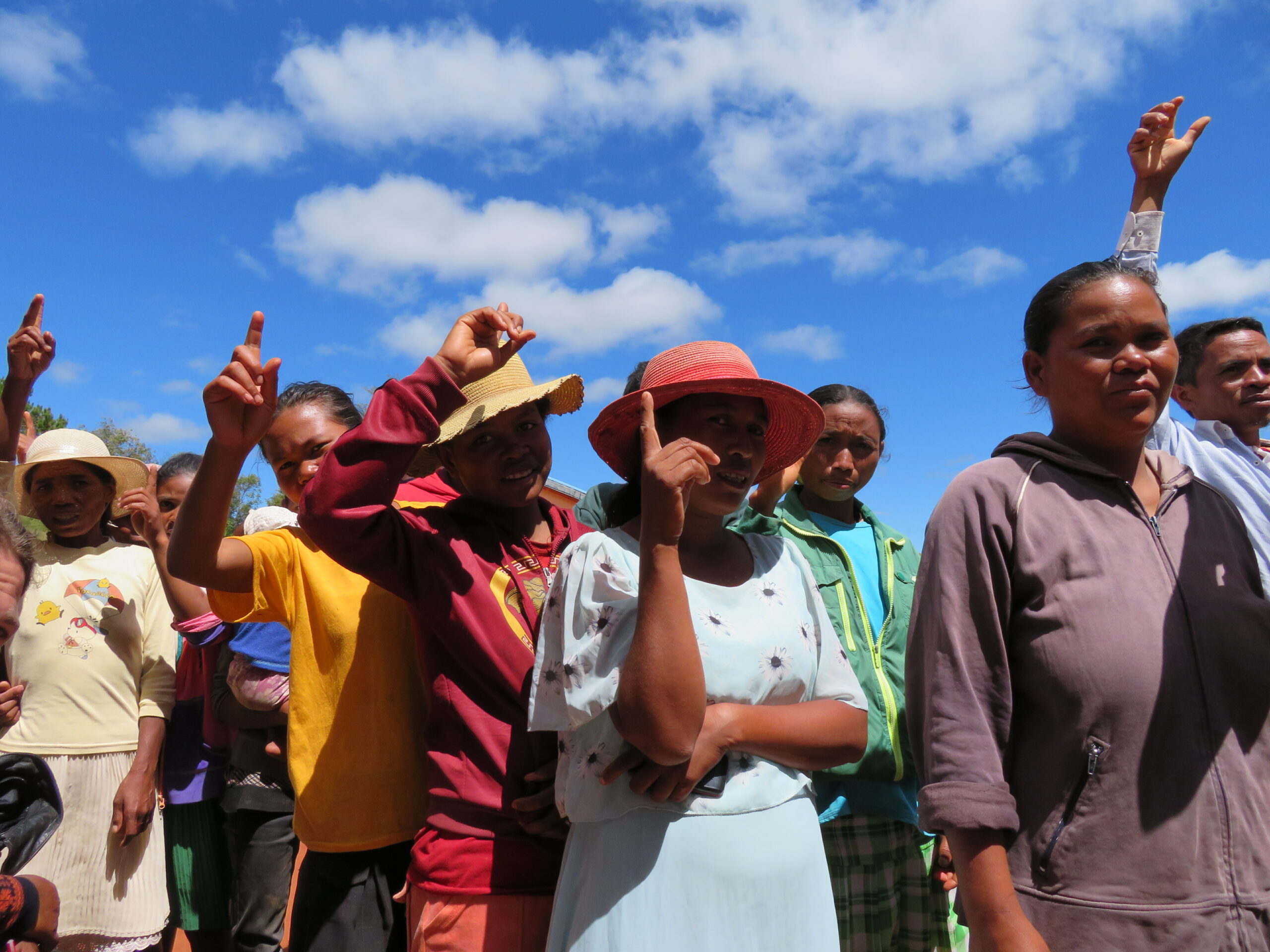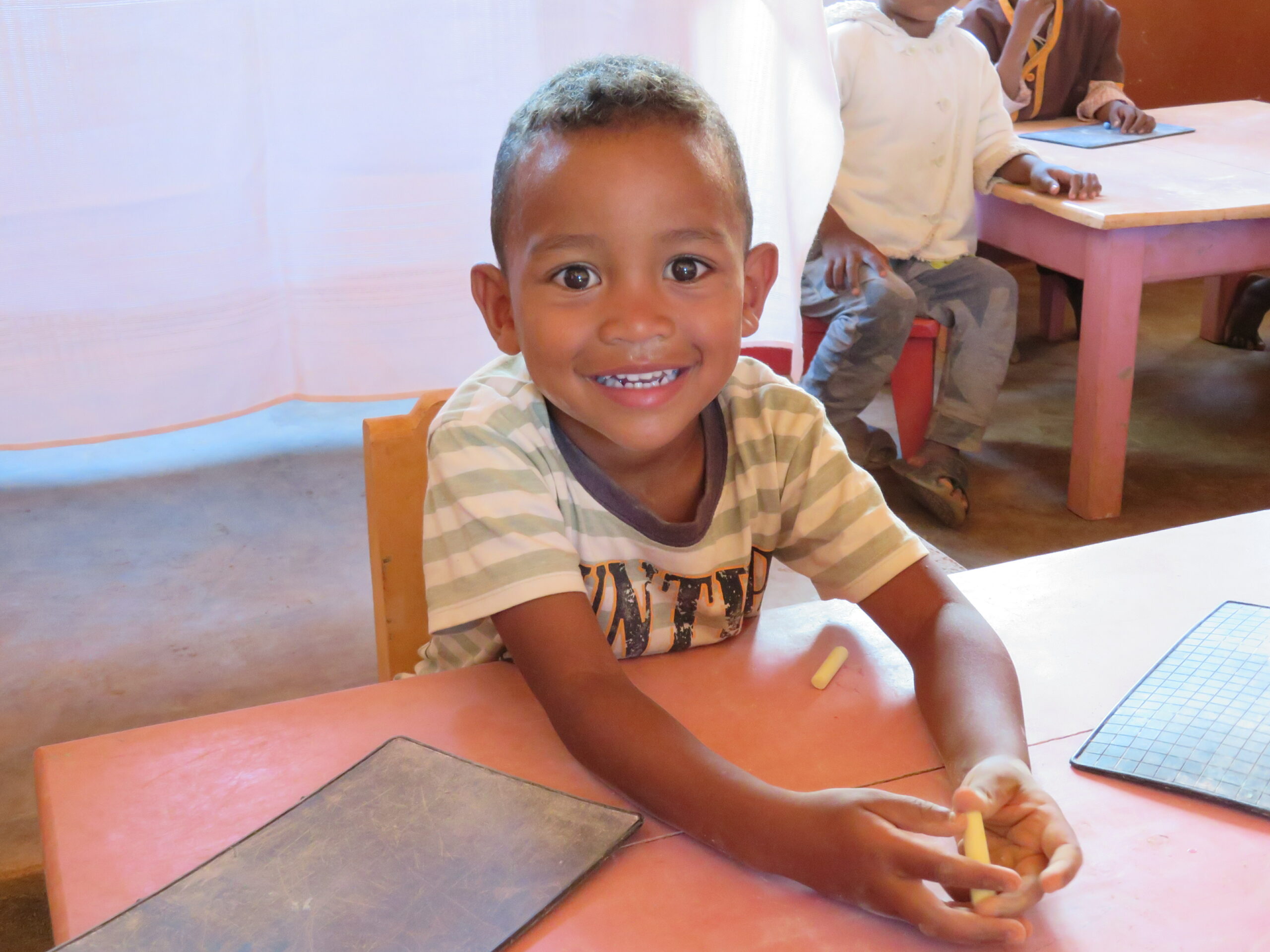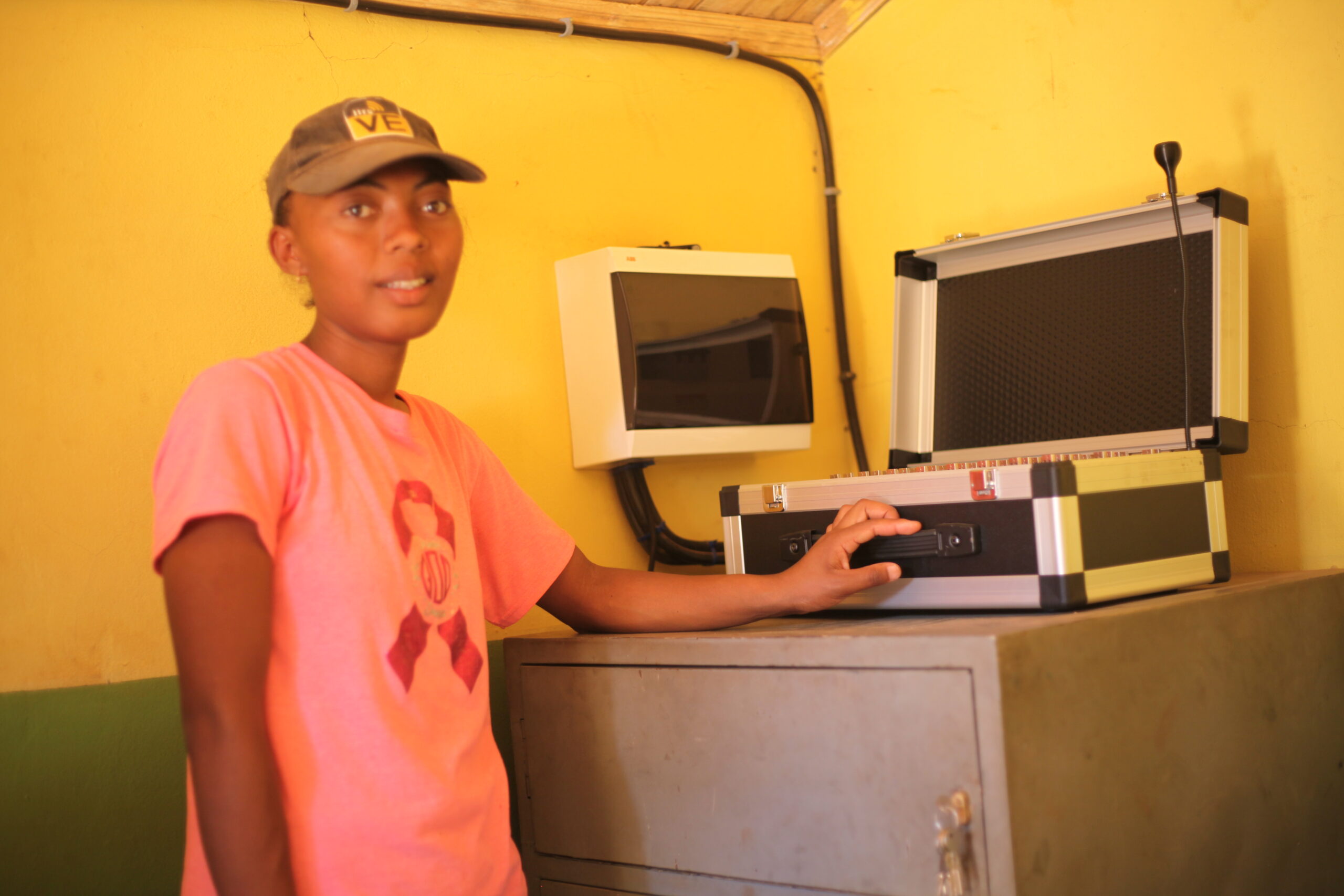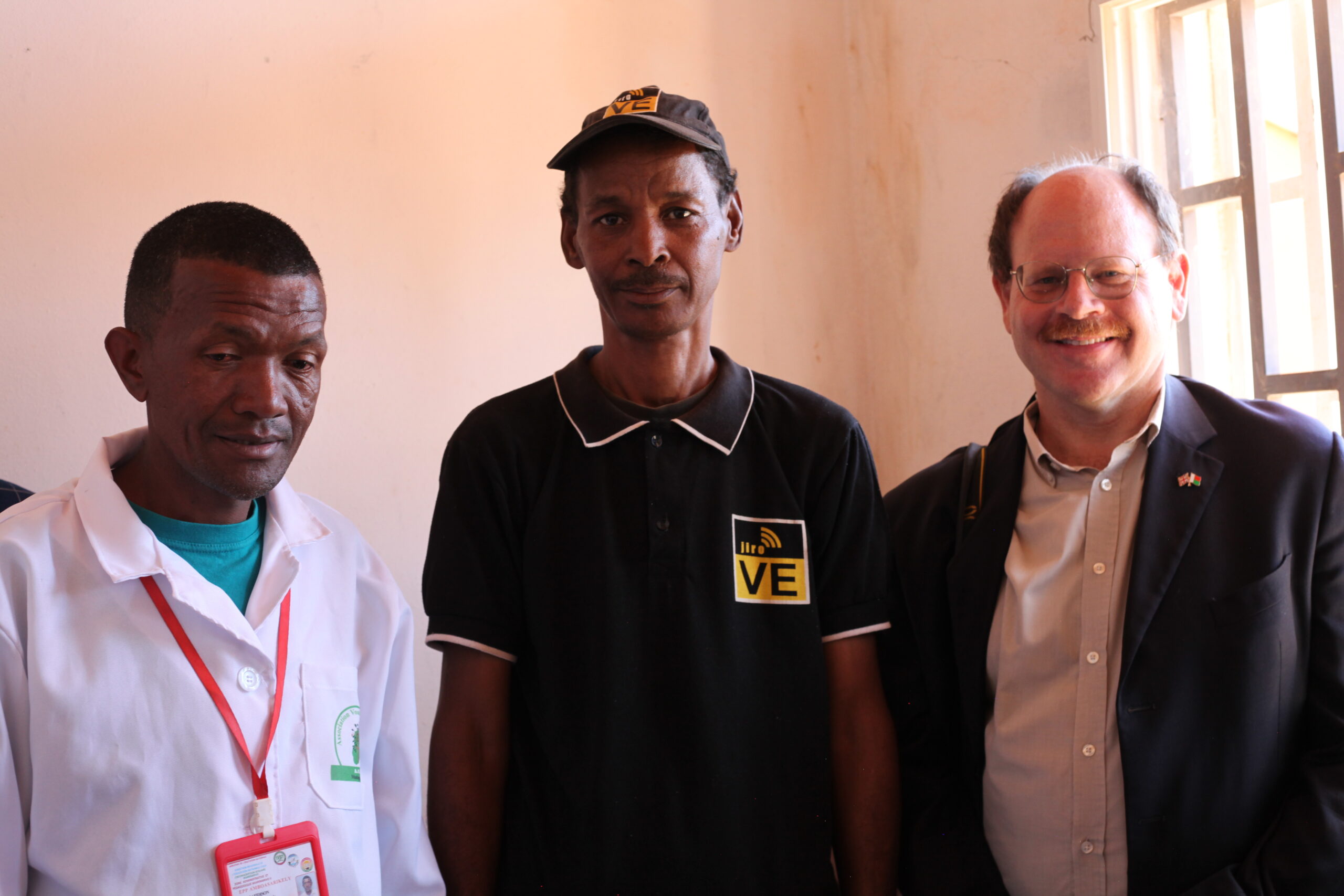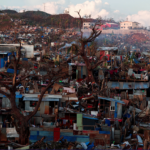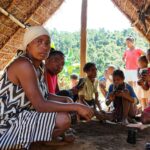Over 70% of Malagasy children face poverty. In 2022, Money for Madagascar joined three other Madagascar-rooted organisations to build the Solar United Consortium. With seed funding from The Aeonian Foundation, we have come together to provide affordable solar energy and strengthen education and development.
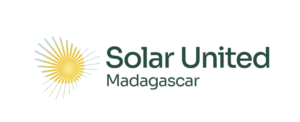
Who Are Solar United?
The Solar United Consortium is a joint programme led by the registered NGOs Money For Madagascar, Feedback Madagascar and SEED in partnership with the solar technicians at the Madagascar social enterprise Jiro-Ve. We are launching Light Libraries, testing solar cooking and developing solar-powered digital learning technologies and materials. The vision and investment of the Aeonian Foundation in the first and second pilots have enabled accelerated learning and honing of an effective model. Additional partners supported and impact investors are now invited to join us in making a difference.
What Does Solar United Do?
We deliver solar energy and skills to Malagasy communities, focusing on improving students’ educational outcomes (SDG 4 Quality Education) through off-grid energy access in rural, hard-to-reach areas.
Panels in schools support daytime digital learning and power banks that can be rented overnight. Community members can replace harmful and expensive charcoal, candles, and kerosene with solar power to light up their homes, transforming study and family life. Franchises and families find new ways to earn, and communities own and manage the infrastructure.
During a community consultation on implementing Light Libraries in Madagascar, we discovered that 90% of the locals relied solely on paraffin lamps and candles, lacking access to electricity. This initiative would mark their first experience with solar lighting, transforming their daily lives. Now, work, school activities, and cooking can proceed without interruption and hazard, whilst parent-teacher meetings can extend after dark, thanks to the new availability of light.
In 2022, the Aeonian Foundation funded and brought together the consortium partners to implement –
- 24 Light libraries focused on improving educational outcomes.
- One solar cooker for a school feeding program.
- Solar-powered Raspberry Pi computers, tablets & projectors provide access to digital learning.
Why Is Solar United Needed?
- Madagascar is one of the poorest countries globally, ranking 173 out of 191 on the Human Development Index.
- Only one-third of the total population (33.7%) have access to electricity, and even fewer in rural regions, where only 10.9% have access.
- Rural communities across all regions typically use carbon fuels for lighting; kerosene lamps and paraffin candles are the most common. Some households have battery-powered torches, but very few have small, often low-quality solar home systems.
- Despite significant international development support in the energy sector, even progress such as the World Bank’s Off-Grid Market Development Fund (OMDF)1 showed that the companies supported through the program-focused distribution of subsidized solar technologies only occurred in accessible areas with higher population density and economic activity.
- The high logistical costs of reaching poorer regions with lower populations remain a massive hindrance to market penetration.
Universal access to electricity and clean energy is a long way off, and innovative partnerships and models are needed to fuel clean development in rural Madagascar.
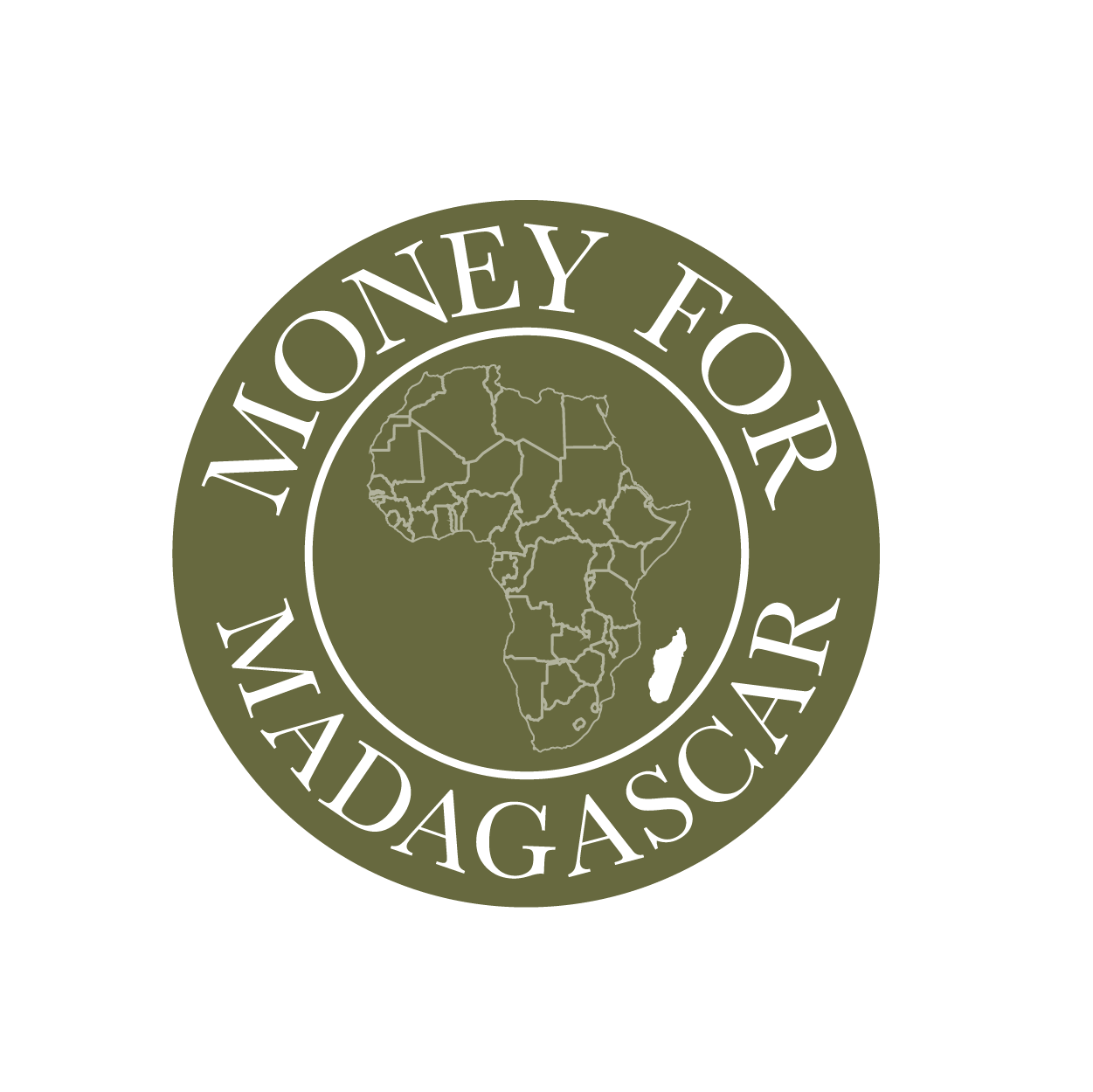

 Cymraeg
Cymraeg
